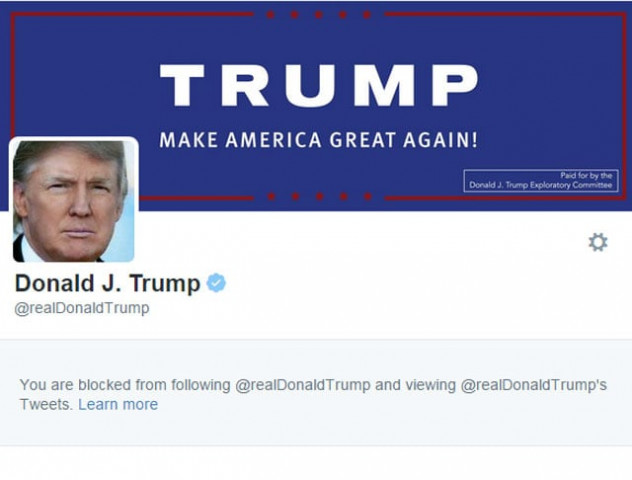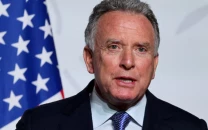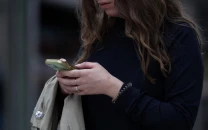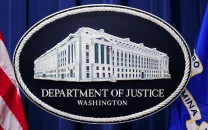US court rules public officials can’t block users on social media
Ruling may have serious ramifications for President Donald Trump, who is facing a similar case

Ruling may have serious ramifications for President Donald Trump who is facing a similar case by a free-speech group. PHOTO COURTESY: twitter.com/votevets
Earlier this week, a federal judge ruled against Louden County Board of Supervisors Chairperson Phyllis Randall for violating the First Amendment rights of Brian Davison by blocking the latter on the social media platform, according to United Press International.
In his application, the plaintiff argued that the public official blocked him from a Facebook page she promoted as a vehicle to communicate with constituents. However, when Davison used the page to accuse members of the Loudon County School Board of “official corruption”, his post was deleted and he was ‘blocked’ from viewing any subsequent posts.
Trump sued over blocking Twitter users
District Court Judge James Cacheris ruled in Davison’s favour, finding Randall violated Davison's First Amendment rights by blocking him from reading government information that was otherwise available to the public.
Interestingly, a similar case was filed against the US president earlier this month by a free-speech group, claiming the practice of blocking Twitter users from his @realDonaldTrump account violated the First Amendment of the US Constitution.
The lawsuit, brought by the Knight First Amendment Institute at Columbia University in New York and joined by seven individual Twitter users, claims Trump blocked a number of accounts whose owners replied to his tweets with comments that criticised, mocked or disagreed with the president.
World tweets support for transgender troops after Trump announcement
According to the lawsuit filed in federal court in the Southern District of New York, Trump’s blocking of the accounts amounted to an unconstitutional effort to suppress dissent because he frequently turns to the microblogging website to make policy statements and his account qualifies as a public forum from which the government cannot exclude people on the basis of their views. Twitter users are unable to even see tweets from accounts that block them.
The US president’s Twitter use has drawn intense interest for his unvarnished commentary about his agenda and attacks on critics. His tweets often lead to tens of thousands of retweets and comments and can shape the news.
The court ruling against the Virginia public official may bolster the Knight Institute’s case.



















COMMENTS
Comments are moderated and generally will be posted if they are on-topic and not abusive.
For more information, please see our Comments FAQ